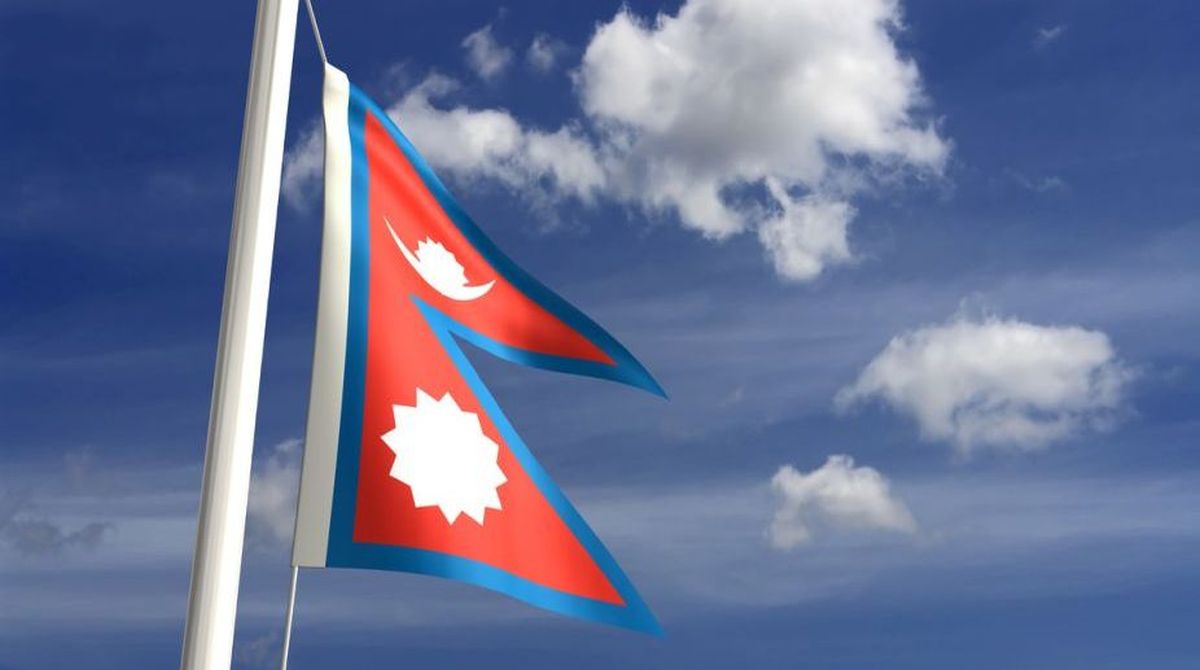Handloom fashion show at Bharat Tex 2025 attracts buyers from Europe, Australia
The event was organised at the amphitheatre in Bharat Mandapam as part of the Bharat Tex 2025 exhibition being held here from February 14-16.
The next couple of years will also see more digitalisation which means human intervention that was the foundation of government services will slowly give way to automation with better platforms.

Representational Image (PHOTO: Getty Images)
The election dates have finally been announced, giving much less preparation time than usual. Political parties are scrambling to find candidates, and potential candidates are already figuring out the price of an election ticket. In South Asian democracies, paying the party and its leaders to get an election ticket is an acceptable social practice, and no one will be ostracised for doing so. The political parties led by older men despised by most Nepalis are figuring out strategies on who to select (never elected) and how to manage fragile coalitions. All permutations and combinations between political oligarchies have been tried and tested, resulting in a similar result of deep hatred among the general populace. From the “partyless panchayat” to “party-full panchayat”, the general dismay has never changed, with corruption, nepotism, inefficiency, poor management and governance becoming words that never cease to go away.
Against this backdrop, there is a lot of hope pinned on some incremental change, as we saw in the local election as it voted for 81 percent new faces. Gone are the days when politicians could go to seek votes based on the time they spent in jail. A quarter of the voters are those who were toddlers or in pre-school when the Shah dynasty ended, so for them, forget 1990. Even 2006 is a distant past. You cannot fool a young Nepali who has internet access that sees how the world is progressing by talking about promised programmes that will encourage rearing goats or chickens. They know they can get a passport that will open the world to them. They are literate; they follow social media platforms which the oldies have no clue about, and their aspirations are like any other young person’s. The issue of reversing federalism is a pipe dream as it will cost more lives and decades to change a structure that gives people access to resources and opportunities.
Advertisement
Similarly, geopolitics has become very complicated, and it will not be easy just to be towing the lines of intelligence agencies or political parties north or south of the country. Covid-19 has exposed the inefficiencies of many countries in the world. Suddenly, when it comes to vaccination, despite a robust local government setup, Nepal ranks behind Singapore in getting both doses administered. Compared to countries in Southeast Asia that are limping back to normalcy, Nepali resilience has been remarkable despite all the challenges the government poses.
Advertisement
The next couple of years will also see more digitalisation which means human intervention that was the foundation of government services will slowly give way to automation with better platforms. This is what people would want to see happening, so recruiting more people for government jobs will be the last of the promises politicians can make. Today, if you ask a young person what they want, their demands are simple. They want to get their driver’s licence and passports quickly and efficiently, and are willing to pay high fees. They want the process to obtain a no-objection certificate when they have to go abroad to study or a labour permit to go and work outside simplified.
Advertisement